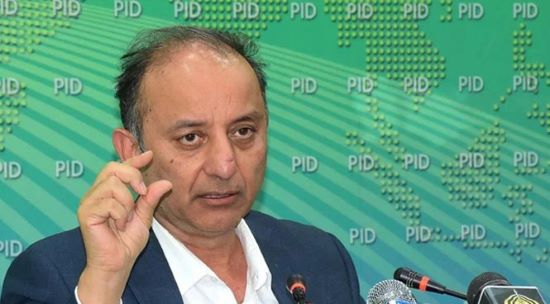Minister of State for Petroleum, Dr. Musadiq Malik, warned of “dire consequences” for hoarders of petroleum products.
“The country has enough oil reserves to cover 20 days of petrol (363,085 tonnes) and 29 days of diesel (515,687 tonnes),” the minister said at a press conference on Wednesday.
The minister accused traders and hoarders of artificially creating a scarcity of petroleum products and raw materials in the country.
Following reports that people in several cities were having trouble getting petrol and diesel, the minister told reporters that the above figures did not include “goods in transit and waiting at sea to go.”
The minister added that some people are creating an artificial shortage by hoarding petrol and diesel fuel in the hope of selling it at exorbitant prices in the future.
Malik said the government would do all it could to ensure a state summons and hinted that the licenses of oil marketing companies involved in such illegal activities would be revoked. “I request the stockpilers of petroleum products to desist from this practice and not to challenge the state order,” the minister said.
Malik added that the federal government would review the prices of petroleum products in due course keeping in mind the international market and rupee-dollar parity.
Responding to a question, the minister said that in the current winter, the government led by Prime Minister Sheikh Baz Sharif has ensured “better gas management compared to the previous 10 years better supply in the domestic sector”.
In response to another question, he said that an agreement with Russia is expected, after which low-priced oil will start entering Pakistan.
A document shared by the minister with journalists at a press conference shows that the country’s stock of petrol is sufficient for 20 days (363,085 tonnes), 29 days of diesel fuel (515,687 tonnes) and 202 days of fuel oil (466,702 tonnes).
Traders and industry sources told Reuters that the artificial deficit described by officials also came as banks stopped financing imports and facilitating payments as foreign reserves dried up.
Although Pakistan is facing a balance of payments crisis, the fall in the rupee is causing the prices of imported goods to rise. Energy accounts for a large portion of Pakistan’s import bill. Pakistan typically uses imported natural gas to meet more than a third of its annual electricity needs, and gas prices rose sharply after Russia invaded Ukraine.






